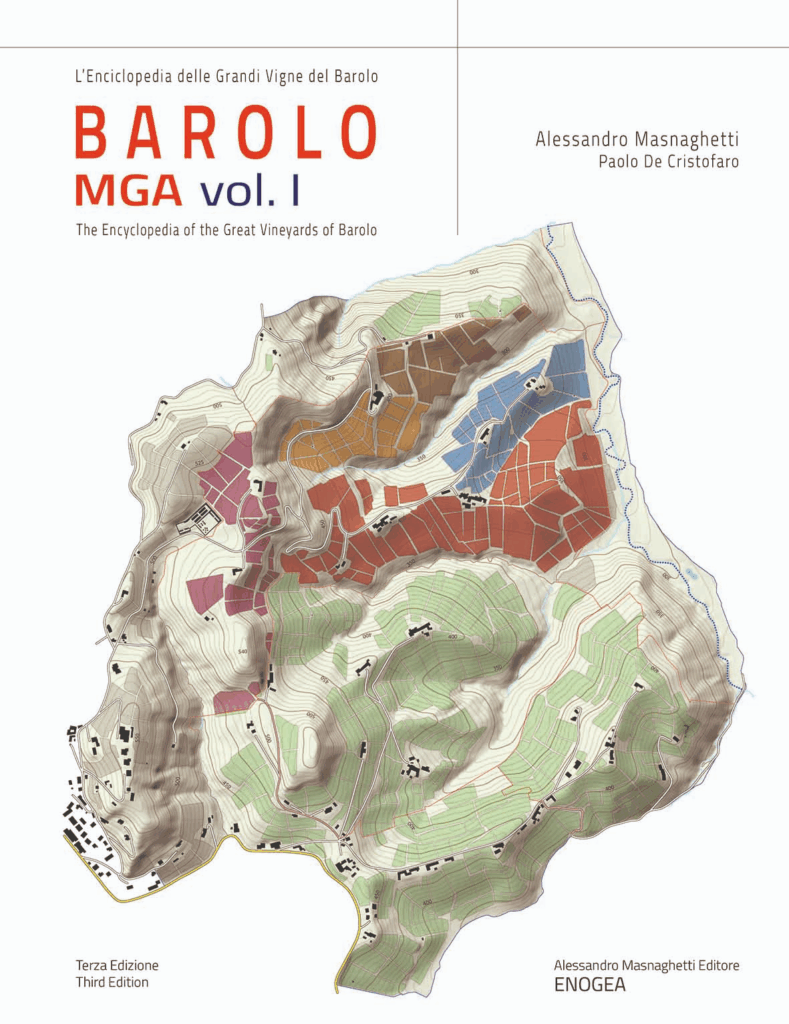
About the Wine Conversation
The Wine Conversation is a hybrid podcast and website (“podsite”) created and hosted by Sarah Kemp, the former Publisher and Managing Director of Decanter, offering deep dives into the world of wine through interviews, expert articles, and recommendations. It features conversations with leading wine personalities, thoughtful analysis of regions and vintages, and storytelling that brings together the people, places, and culture of wine. With contributors like Elin McCoy and John Stimpfig, the platform appeals to passionate wine lovers seeking insightful, well-crafted commentary and insider expertise, making it an engaging resource for anyone interested in both the stories and technical details behind wine.
The show is available on its website, as well as platforms like Spotify and Apple Podcasts, and has listeners in 61 countries.
About David Gleave MW
David Gleave MW is a renowned British wine merchant, writer, and industry leader, best known as the founder and Chairman (and former Managing Director) of Liberty Wines in London, a leading wine importing and distribution company he started in 1997 that became a specialist in Italian wines but expanded globally. Born and educated in Toronto, Gleave began his wine journey after traveling and working in Europe, eventually passing the Master of Wine (MW) exam in 1986 and quickly making his mark as a foremost authority on Italian wine in the UK trade. He is celebrated for his innovative approach to staff and sommelier vineyard immersion trips, his commitment to quality and education, and his influence on the UK wine industry, regularly sharing insights on wine trends, food pairing, and travel, while remaining an advocate for authentic wines and passionate learning throughout his career.
- www.libertywines.co.uk
- @davidgleavewines
- David Gleave (LinkedIn)
- The popular trencherman at Liberty, JancisRobinson.com 2017
- Cork Talk by Tim Atkin
Books
- David Gleave, Wines of Italy, Salamander Books, London, 1989 – 9780861013722
Masterclasses for The Wine Conversation:
- Barolo
- Sicily
- Montalcino
- Sangiovese
- Chianti Classico
About the Masterclass
Short 10 minute podcast on a wine topic by an expert. Started in 2023, appears once a month (approximately). Besides Gleave, Jasper Morris MW and Jane Anson have contributed about Bourgogne and Bordeaux respectively.

About the Barolo Masterclass

Top Producers
Around 420 producers. Gleave’s top “10” (A-Z)
Top and upcoming producers listed on Google Earth map
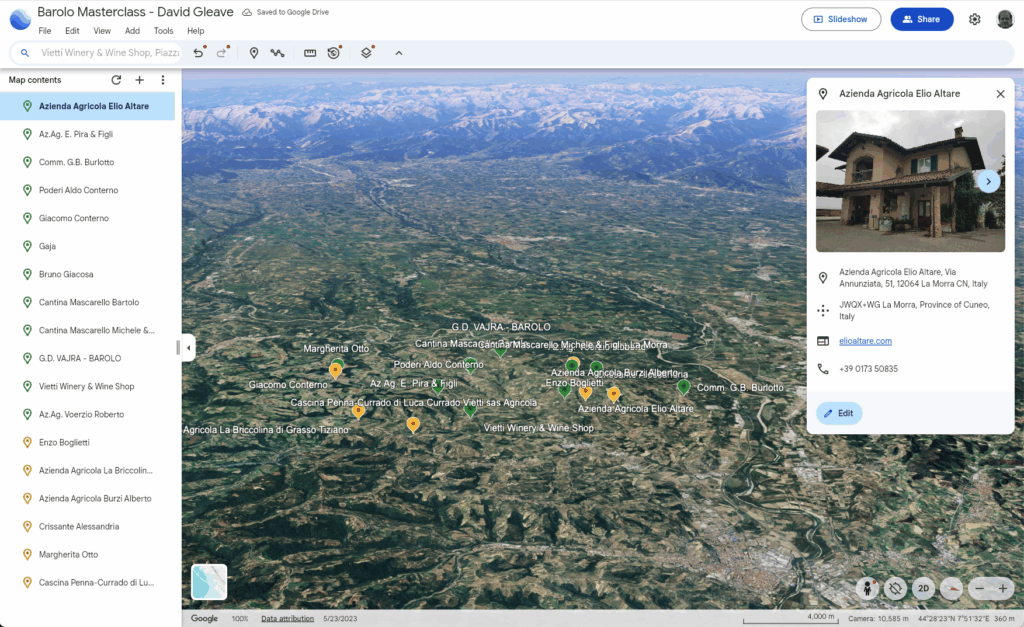
Elio Altare
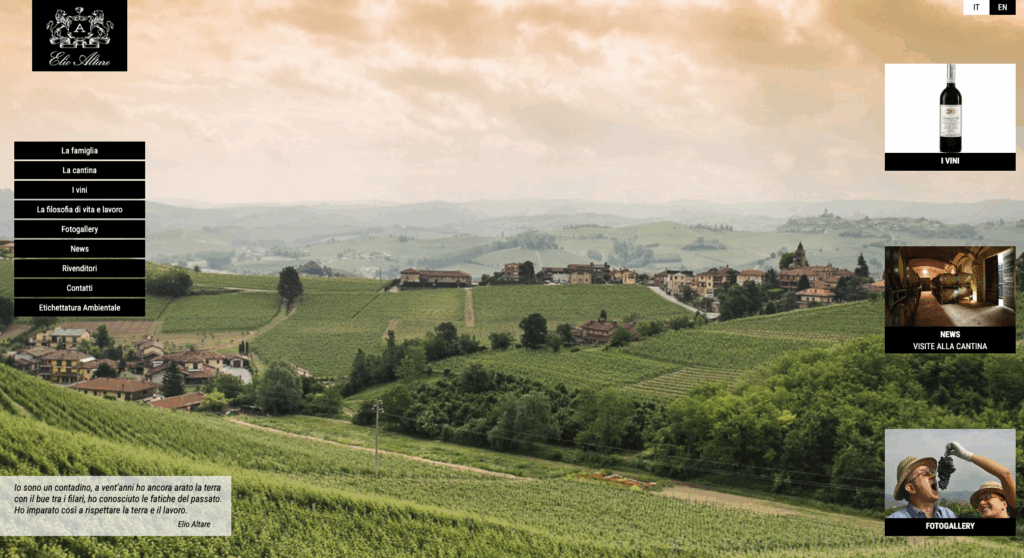
Elio Altare is a pioneering “Barolo Boy” celebrated for revolutionizing Barolo with modern winemaking: shorter macerations, low yields, and aging in French oak barriques. The estate in La Morra cultivates 12 organically farmed hectares and produces 60,000–70,000 bottles annually, focusing on elegant, approachable Barolos while remaining committed to sustainability and innovation led by Elio’s daughter Silvia.
Chiara Boschis
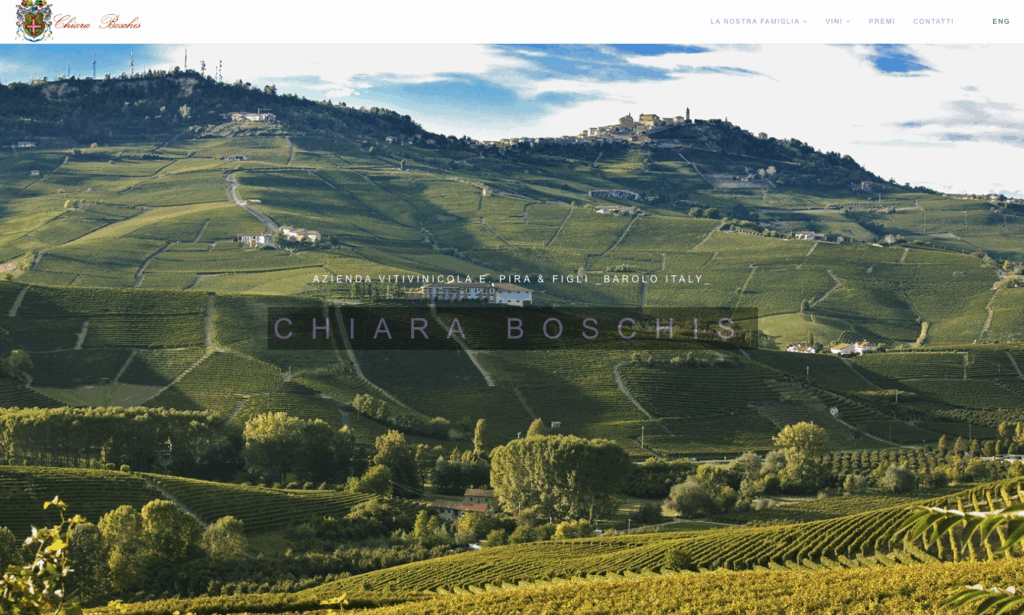
Chiara Boschis of E. Pira & Figli is renowned as the first woman among the Barolo Boys, managing 11 hectares of prized vineyards across Cannubi, Mosconi, and Via Nuova. Her organically farmed estate produces about 40,000 bottles each year, crafting terroir-driven Barolos distinguished by finesse, expressive aromatics, and a visionary commitment to sustainability and female empowerment in winemaking
G.B. Burlotto
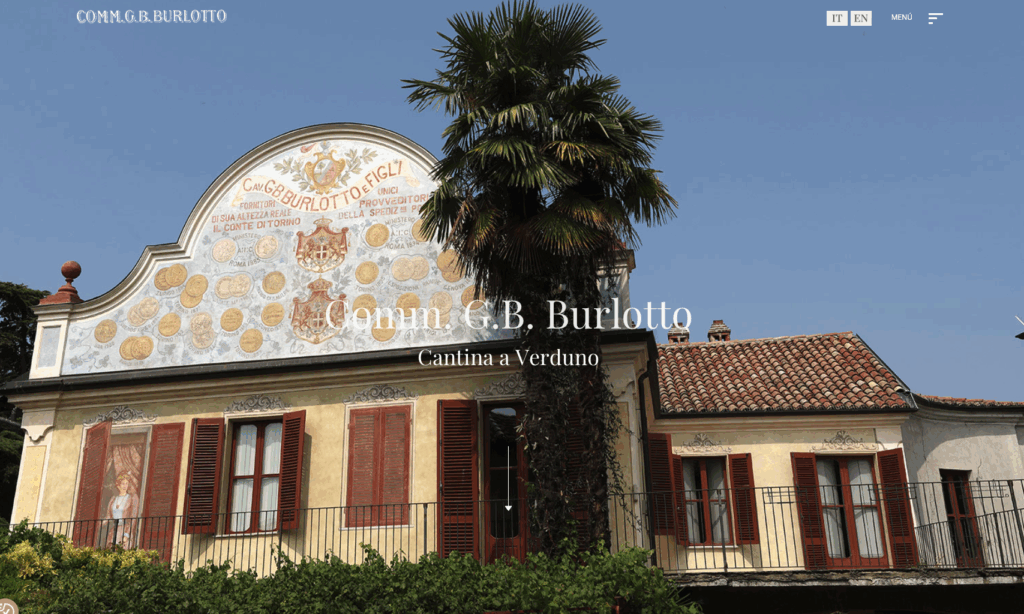
G.B. Burlotto is a historic estate in Verduno, established in 1850 and now led by Fabio Alessandria (fifth generation). It manages 12 hectares including the famed Monvigliero cru, producing around 60,000 bottles yearly. Revered for its traditional long macerations and classic blending, Burlotto’s Barolos are among the region’s most sought-after for elegance, nuance, and aging potential.
Poderi Aldo Conterno
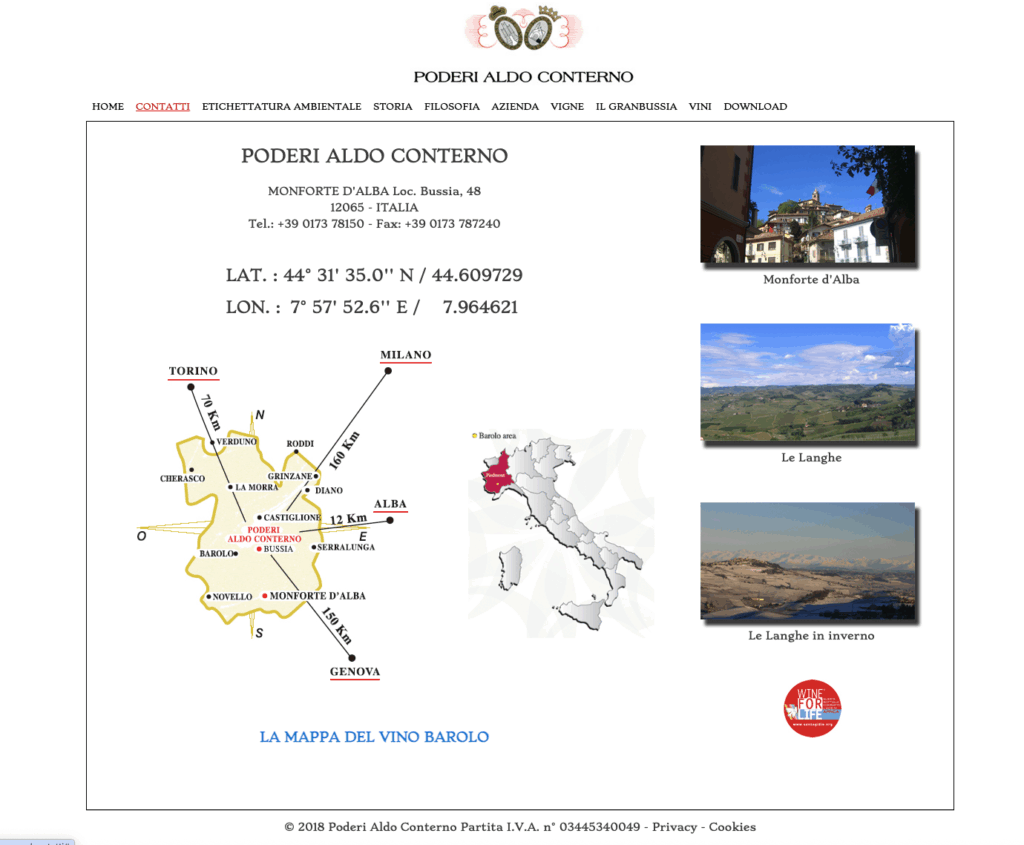
Poderi Aldo Conterno was founded in 1969 by Aldo Conterno in Bussia, Monforte d’Alba. The estate encompasses 25 hectares, notably including Romirasco, Colonnello, and Cicala. Production is about 90,000 bottles per year, with wines noted for their robust, ageworthy character—classic long fermentations, large cask aging, and purity that bridges tradition and subtle innovation now led by Aldo’s sons
Giacomo Conterno
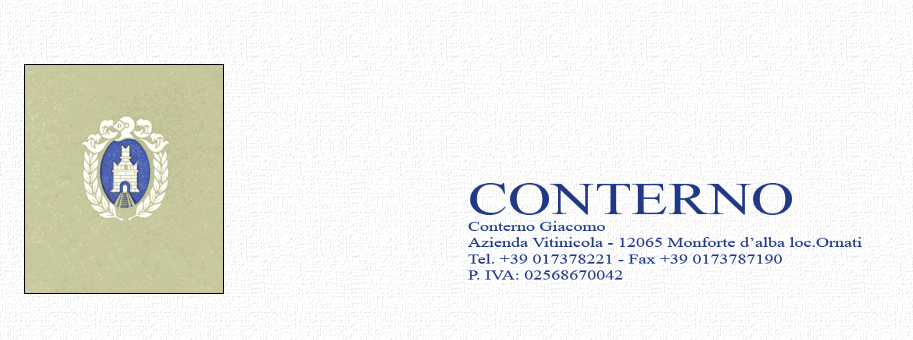
Giacomo Conterno, established in 1908 and led by Roberto Conterno, cultivates 17 hectares in Monforte and Serralunga d’Alba, including sites like Cascina Francia and Cerretta. Annual output is about 62,000 bottles. Revered for extended fermentations and cask aging, its Barolo Riserva Monfortino sets global benchmarks for depth, complexity, and longevity.
Gaja
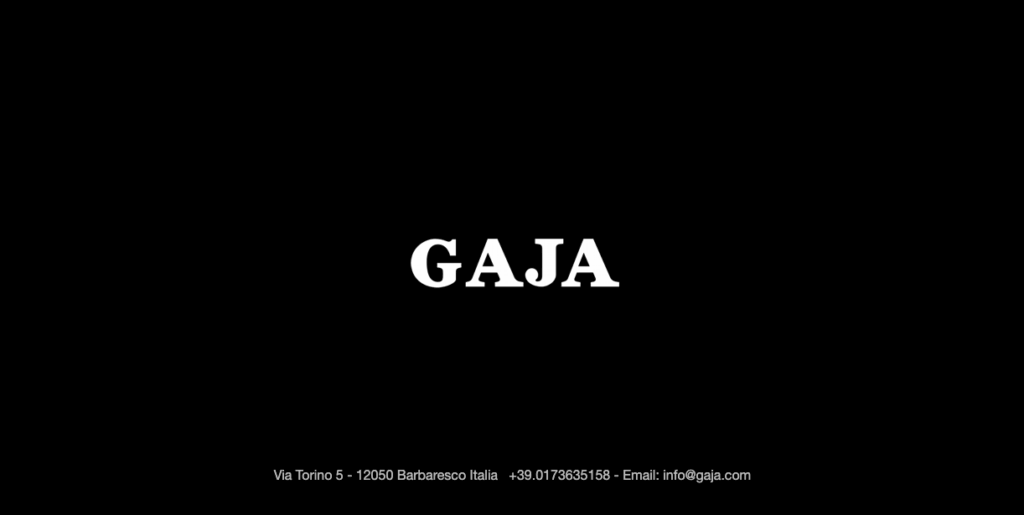
Gaja, legendary for transforming Barbaresco and Barolo, is overseen by Gaia Gaja and farms over 100 hectares in Piedmont (with about 30 in Barolo). The estate produces some 350,000 bottles annually, including acclaimed single-vineyard Barolos like Sperss and Conteisa noted for their power, refinement, and innovation blending tradition with modern techniques.
Bruno Giacosa
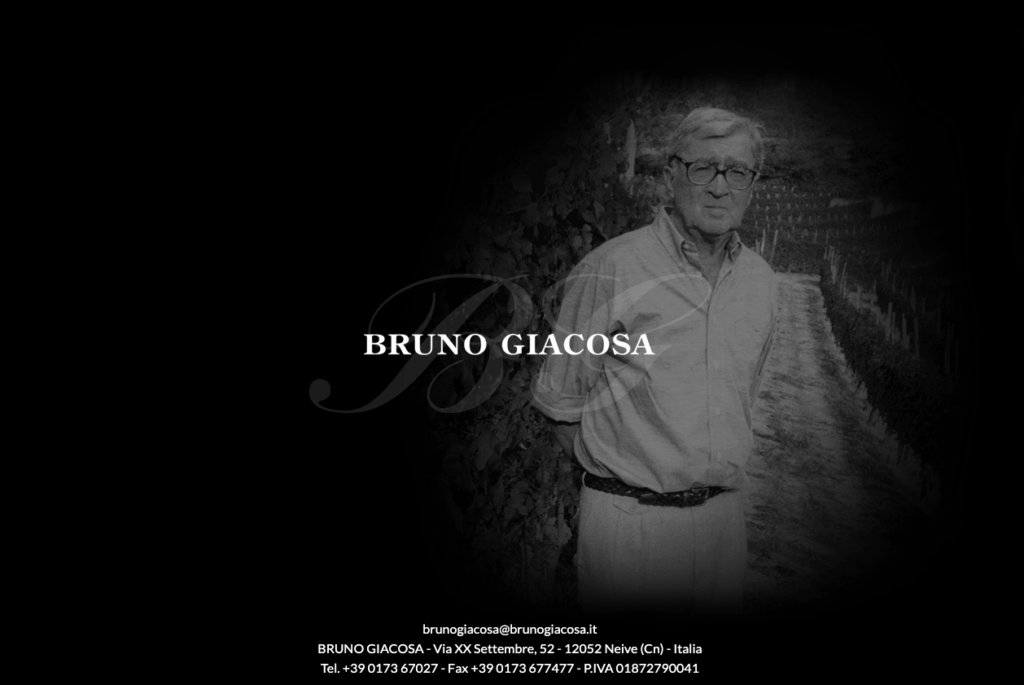
Bruno Giacosa is one of Barolo’s most revered winemakers, with around 20 hectares in Neive and Serralunga d’Alba, focusing on sites like Falletto, Asili, and Rabajà. Producing approximately 30,000 Barolo bottles per year, Giacosa’s wines are defined by aromatic intensity, structure, and outstanding aging potential—his legacy continued today by daughter Bruna.
Cantina Mascarello
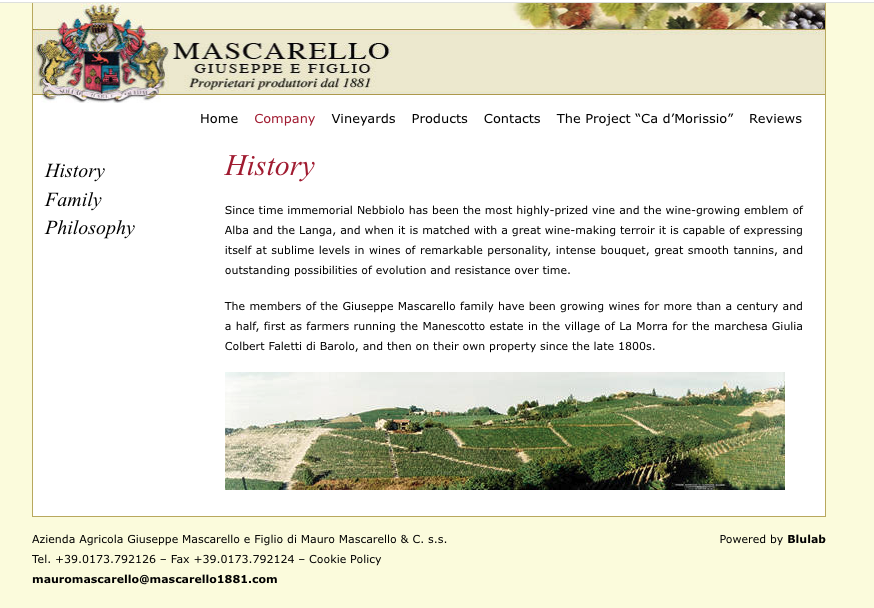
Cantina Mascarello—especially under Bartolo Mascarello and now daughter Maria Teresa—is a bastion of tradition, blending Nebbiolo from their four small vineyard parcels (about 5 hectares) in Barolo and La Morra, for a total production near 32,000 bottles yearly. The winery maintains old-school methods: organic farming, large-cask aging, and steadfast resistance to single cru bottlings or barriques
G.D. Vajra
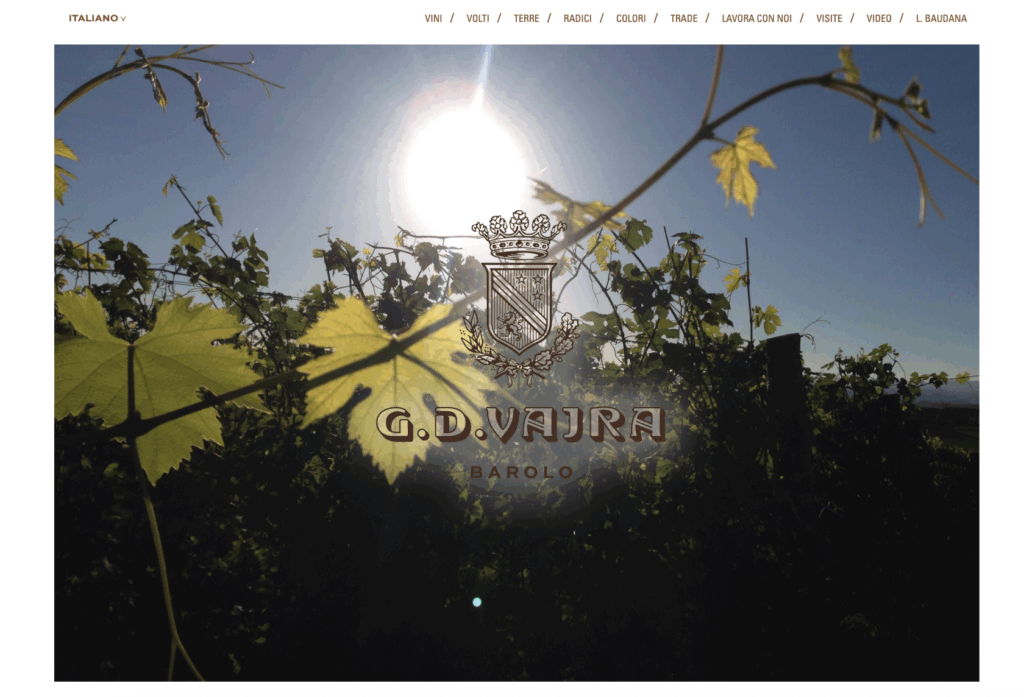
G.D. Vajra is a family-owned, certified organic estate in Barolo, managed by the Vaira family since 1972. Cultivating about 80 hectares with prime sites like Bricco delle Viole, Vajra produces approximately 220,000 bottles annually, focusing on terroir-driven, elegant Barolos and a diverse range of other varieties, all marked by a low-intervention, sustainable philosophy.
Vietti
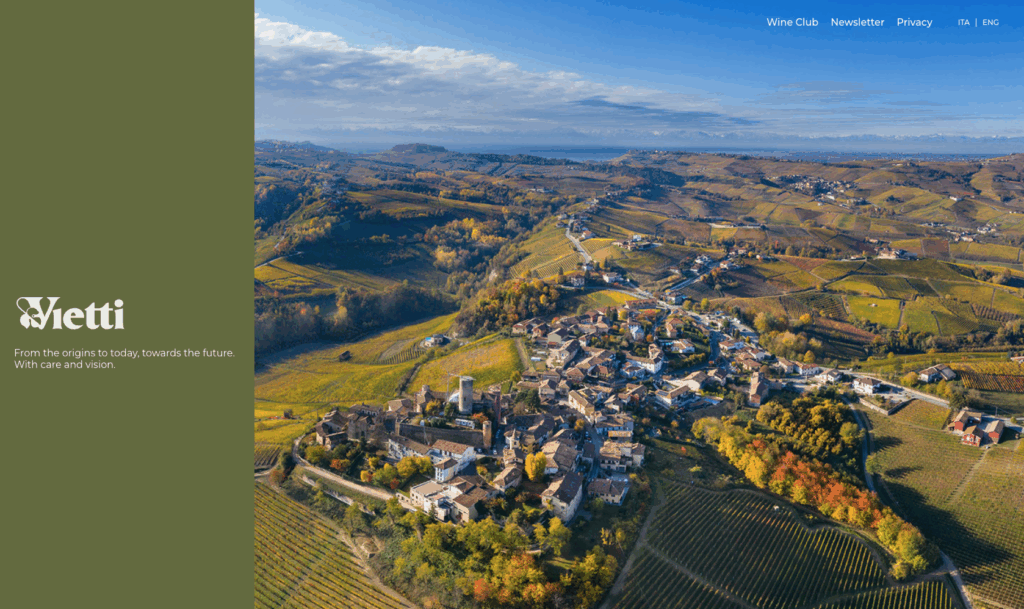
Vietti, founded in the late 19th century and famous for innovation, crafts wines from top Barolo crus in Castiglione Falletto, including Rocche di Castiglione and Brunate. The estate farms around 35 hectares and turns out nearly 250,000 bottles per year, with a reputation for expressive single-vineyard Barolo, Barbera, Arneis, and artistically inspired label design.
Roberto Voerzio
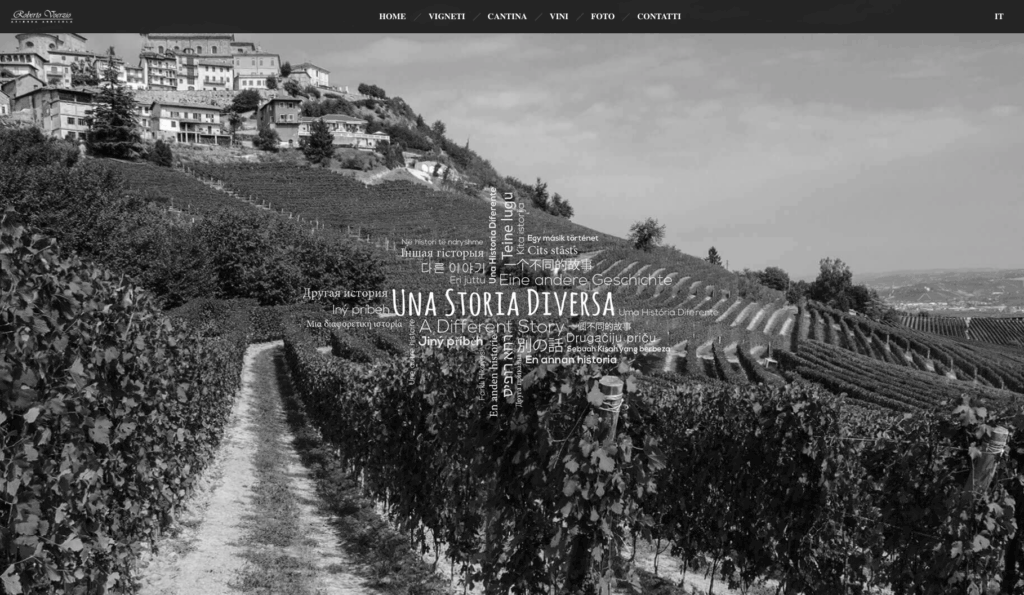
Roberto Voerzio is a visionary modernist in La Morra, now farming about 20 hectares of high-density vineyards, producing around 50,000 bottles yearly. Voerzio’s Barolos—sourced from crus like Brunate, Cerequio, and Rocche dell’Annunziata—are renowned for ultra-low yields, sustainable methods, and purity, power, and exceptional finesse, reflecting both innovation and respect for terroir.
Upcoming
Enzo Boglietti
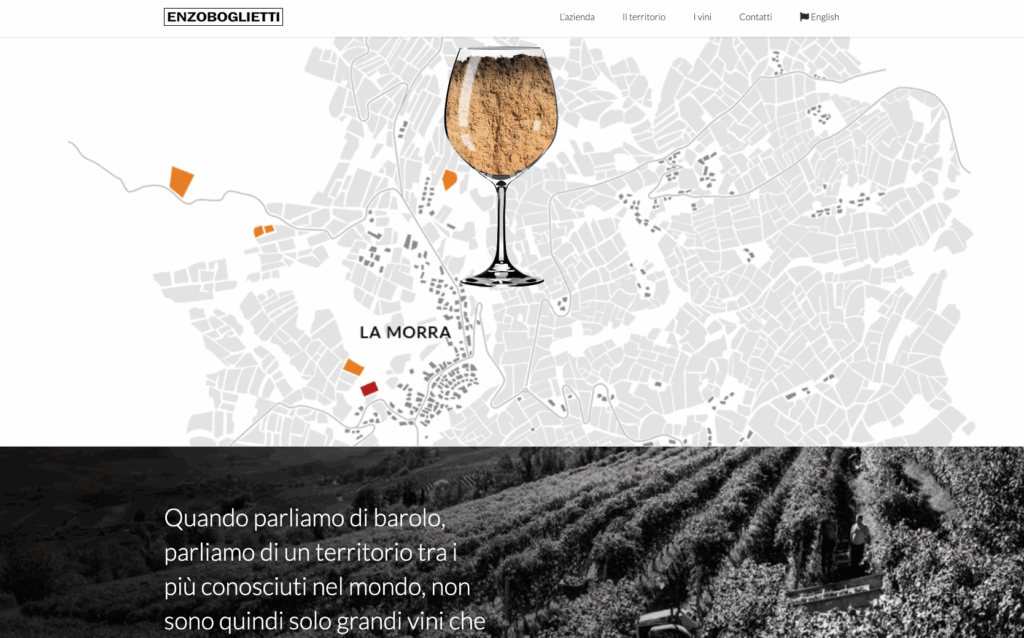
Enzo Boglietti: Established in 1991 in La Morra, this family winery now farms 22 hectares across several communes, producing approximately 100,000 bottles annually, with 15,000–21,000 bottles devoted to Barolo from top crus like Brunate, Boiolo, Fossati, Case Nere, and Arione. Certified organic, Boglietti is focused on low yields, minimal intervention, and continuous refining of its elegant, terroir-driven Barolos, now led by Enzo with daughter Linda and son Matteo.
La Briccolina
La Briccolina: La Briccolina (di Tiziano Grasso) is a small, single-vineyard Barolo producer in Serralunga d’Alba, with only about 0.4 hectares dedicated to Barolo out of a total 5.5ha property. Annual Barolo production is just 3,000 bottles, made with fruit from 50+ year-old vines on limestone-marl soils, using traditional long maceration and large oak aging, resulting in concentrated, cellar-worthy wines.
- no www
- no @insta
Alberto Burzi
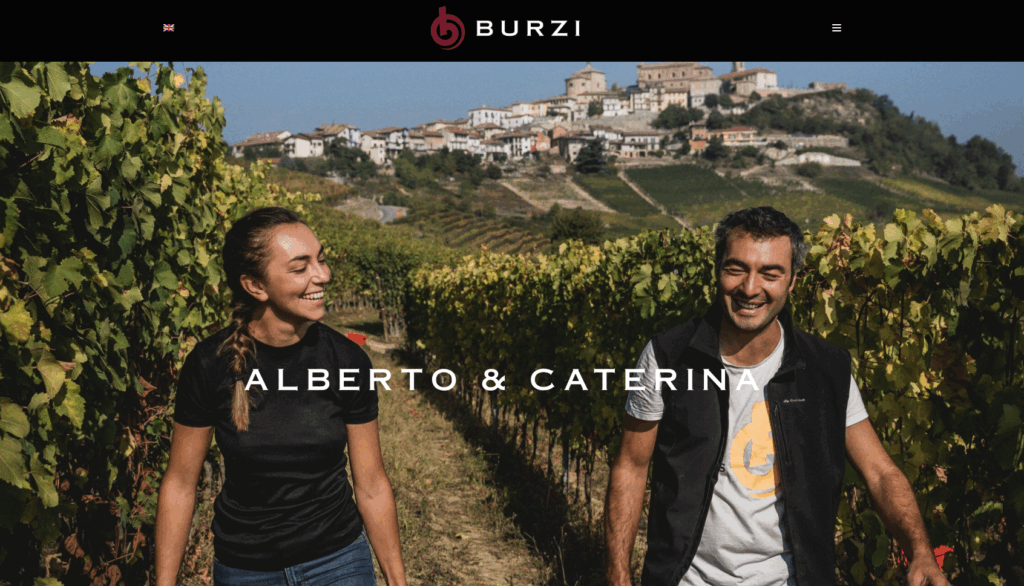
Alberto Burzi: Burzi is a young, neo-traditional winemaker in La Morra, working 7 hectares (including parcels in Capalot, Roncaglie, and La Serra) and producing around 20,000–25,000 bottles annually. Burzi emphasizes organic cultivation, meticulous vineyard management, and extended macerations in the cellar, aiming for finesse, aromatic complexity, and a distinctive balance in his Barolo and Langhe wines.
Alessandria Crissante
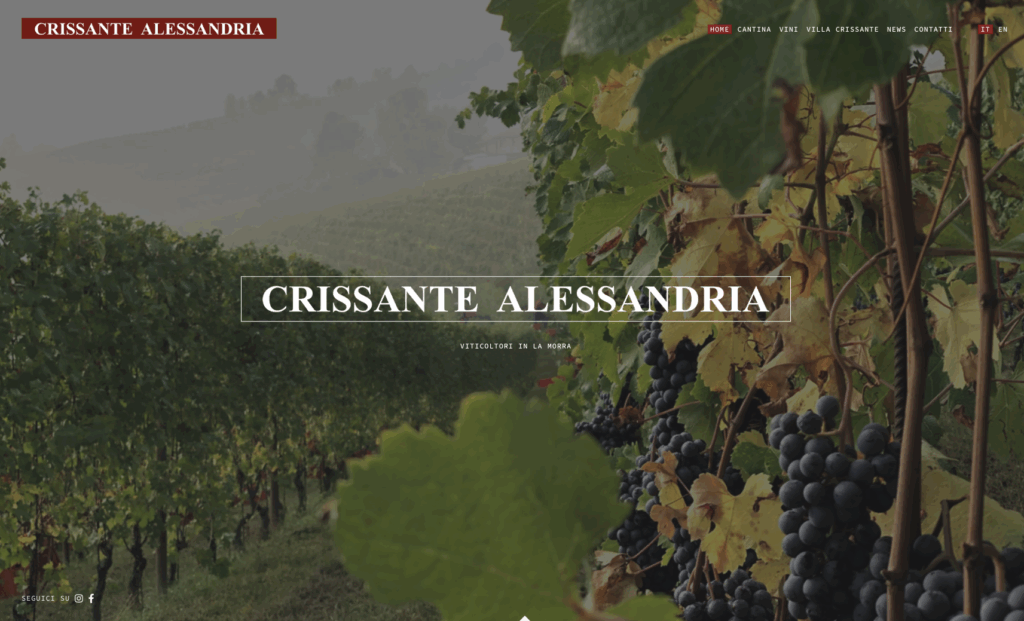
Crissante Alessandria: Founded in 1958 in La Morra, this small family winery now manages about 6 hectares, primarily within the Galina, Capalot, and Roggeri crus. Annual Barolo production is around 17,000 bottles, with a strong emphasis on separate vinification for each cru and balanced aging in a mix of barrels and traditional casks, yielding refined, terroir-oriented Barolos
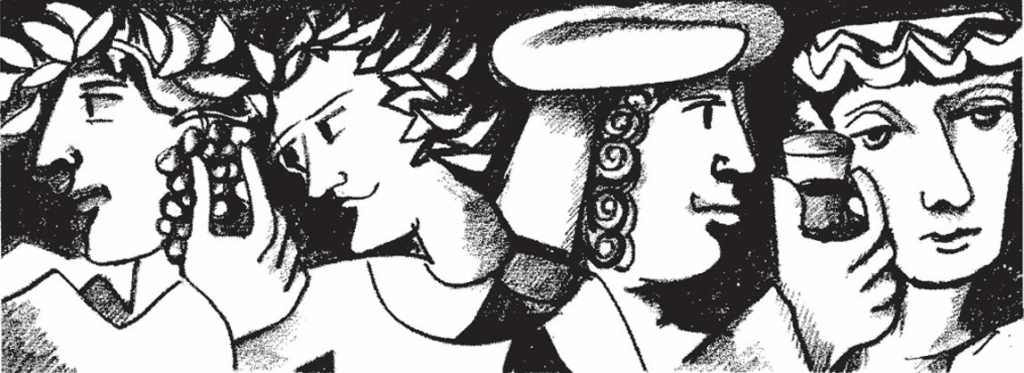
Il Vino è figlio della Terra, della Vite, del Tempo e dell’Uomo.
Margherita Otto
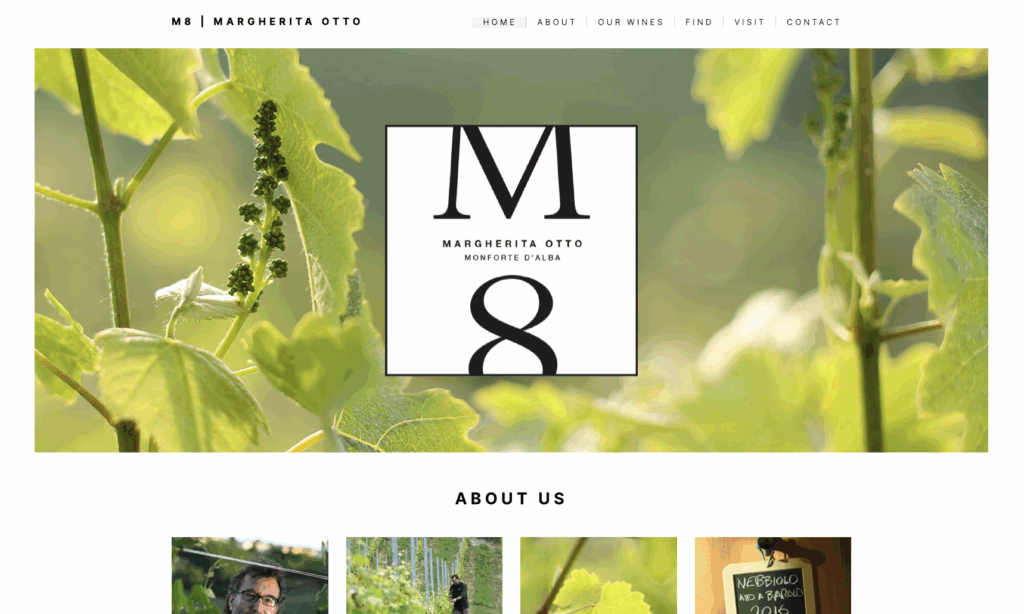
Margherita Otto: Founded by Alan Manley in 2015, Margherita Otto is a micro-producer using fruit from around 2.5 hectares spread across Serralunga d’Alba, Monforte, Pernanno (Castiglione Falletto), Vignane (Barolo), and Coste di Rose (Barolo). Total production is about 900 cases (~10,800 bottles) as of 2020, with traditional techniques including long aging in large botti and a focus on purity and classic structure
Cascina Penna-Currado
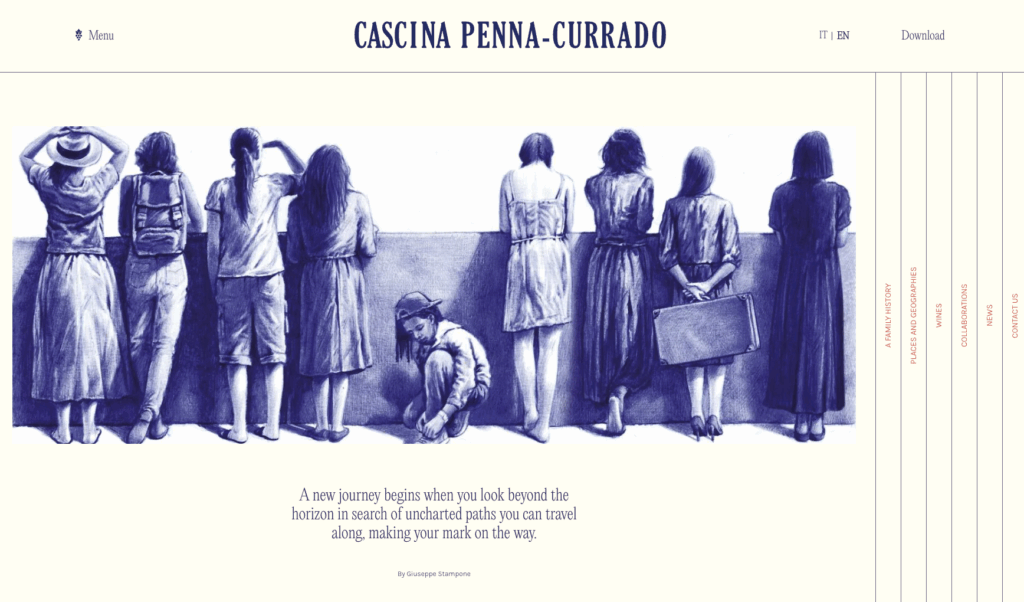
Cascina Penna-Currado: Recently founded by Luca Currado Vietti and Elena Penna (formerly of Vietti), this new Serralunga estate farms around 20 hectares, with Barolo set to debut alongside Dolcetto, Langhe Nebbiolo, Barbera, and Nebbiolo d’Alba. Planned production—once all wines are released—is about 70,000 bottles per year, with a modern philosophy and rigorous estate-only fruit selection; their first official vintage was 2023.
- cascinapennacurrado.com (nebbiolo; no Barolo yet)
Elena Penna also produces Vermouth from Barolo, gin, and spirits under her name, adding a modern touch alongside the traditional wines.
- www.elenaspirits.com (vermouth & gin)
Vintages
Most Barolos are best between 10-15 years, but in great years like 2016 they can go to 20-25 years. Vintages to look out for according to David
- 2021 outstanding
- 2020 very good
- 2019 classical
- 2016 outstanding
- 2013 drinking well
- 2010 lovely
Bonus
Books
- Barolo and Barbaresco – The King and Queen of Italian Wine, Kerin O’Keefe
- Barolo Terroir – Grapes Crus People Places, Ian D’Agata & Michele Longo, 2022, 979-8843626907
- Alle radici del Barolo, Lorenzo Tablino & Armando Castagno, Slow Food 2022, 9788884996046

Maps
For maps, see
- Barolo MGA: The Barolo Great Vineyard Encyclopedia by Alessandro Masnaghetti
- Barolo MGA Vol II: Vintages, Recent History, Rarities and Much More by Alessandro Masnaghetti
- www.enogea.it
